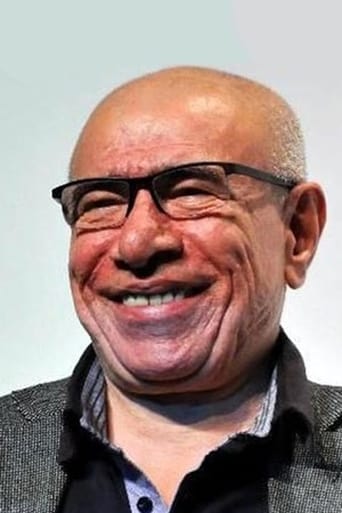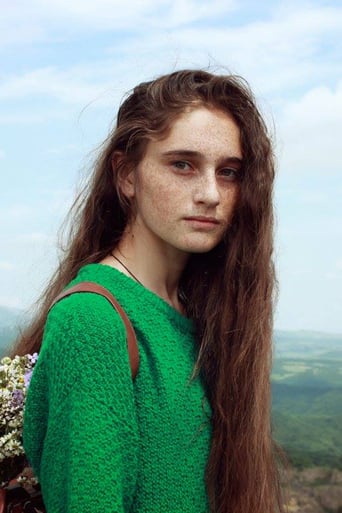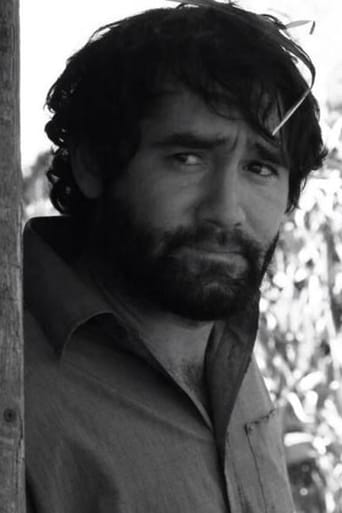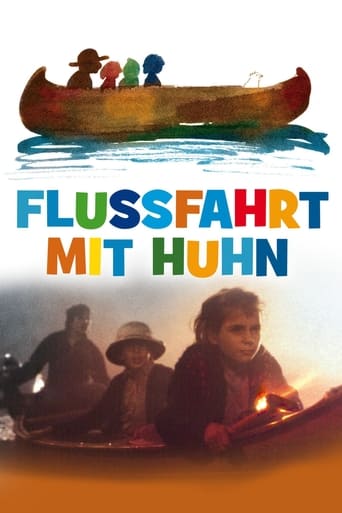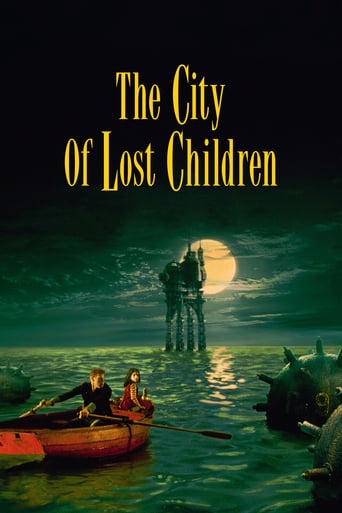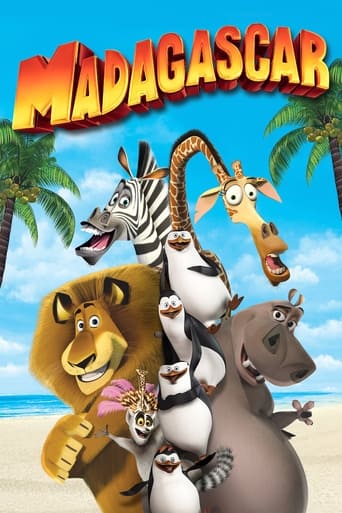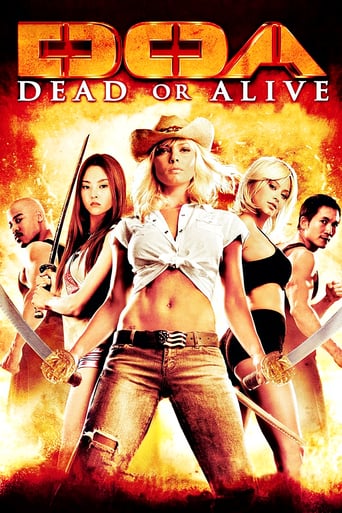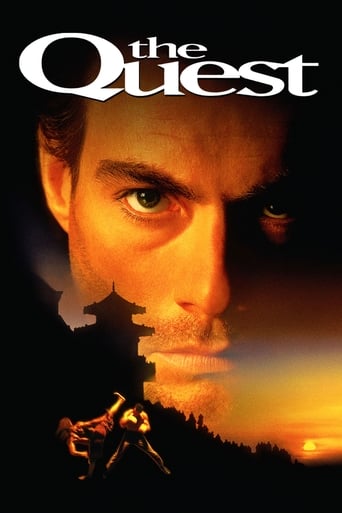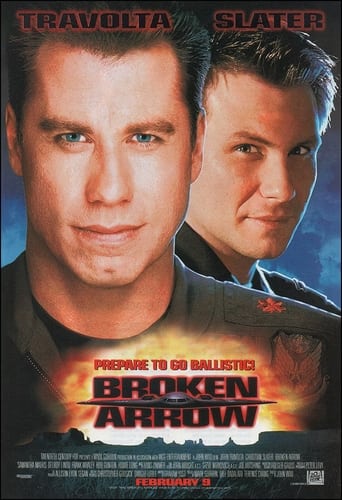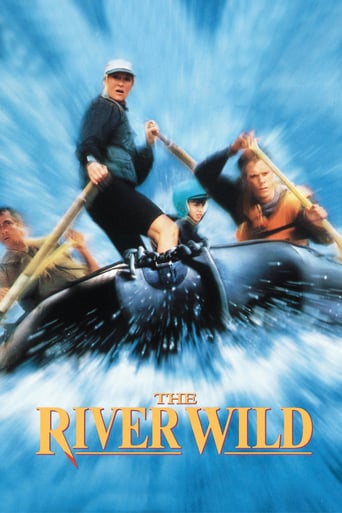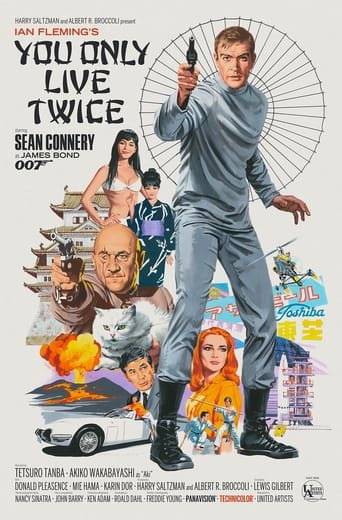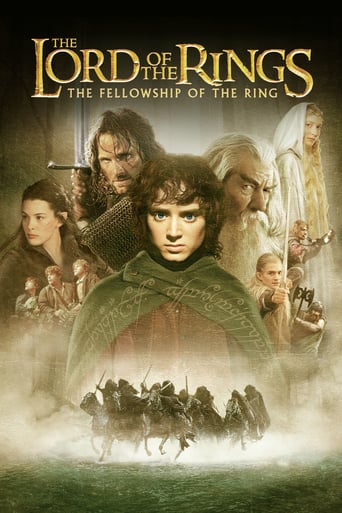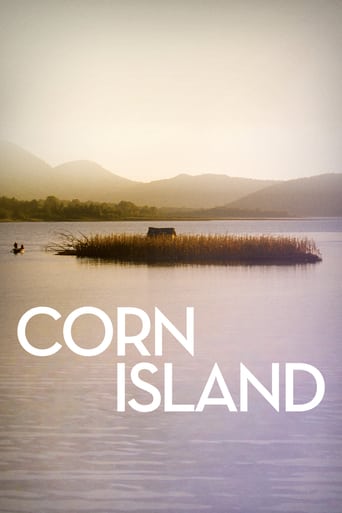
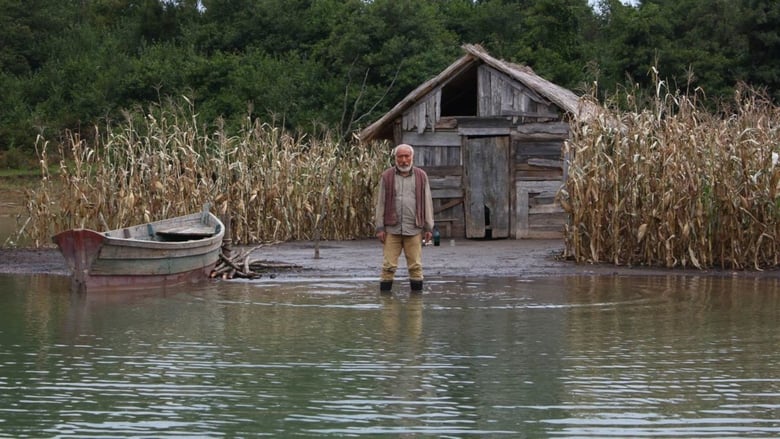
Corn Island (2014)
The Inguri River forms a natural border dividing Georgia from Abkhazia. One of the spring floods has created a little island in the middle of the river, as if made for the cultivation of corn. At least, this is the belief of an old peasant, whose sunburned face resembles the landscape he has trodden for dozens of years.
Watch Trailer
Cast


Similar titles
Reviews
George Ovashvili's Corn Island is an auteuristic work that finds its balance between men and nature. Through the lives of an Abkhazian grandfather and his granddaughter, we find our place in the cycle of life. First you work the soil to feed yourself, then when you die you become part of the nature. This cycle reminds me of a Kim Ki-Duk film "Spring, Summer, Fall, Winter... and Spring" which is a brilliant film that attains nature from its characters' lives.An Abkhazian peasant (Ilyas Salman) and his granddaughter (Mariam Buturishvili) are living on one of many islands created by Enguri River, the river stands as boundary between Abkhazia and Georgia. As they try to harvest enough corn to survive the winter, conflicts from outer world affects their lives. Girl finds a wounded soldier who have hidden himself in the corn plants. Old man and his granddaughter helps and hides him while his enemies searches for him. Conflict between two small groups of soldiers is an effective use of minimalism on clashes between Abkhazia and Georgia. But the film does not touch political issues, it takes the subject with an artistic point of view. Old man has a lot of resemblances with titular character of Akira Kurosawa's "Dersu Uzala" as they both are living close to nature and away from "human". That made the watching interesting for me as I like Dersu Uzala and I think secluded characters are profound features of a film in terms of spirituality. Generally I think director/co-screenwriter George Ovashvili take inspiration from directors Akira Kurosawa, Kim Ki-Duk and Jean Renoir (La Grande Illusion). Film has nearly no dialogue yet the cinematography of the film by Elemér Ragályi seemed like it was talking with images, I think Ragályi has a style close to Emmanuel Lubezki and Christian Berger. It is not a masterpiece but this slow-burning film has a somber beauty, art-house fans will like it.
Every spring the Inguri River, which forms the boundary between Georgia and Abkhazia, washes down rocks and soil creating tiny islands. Local peasants leave the riverbanks for the firm, fertile island soil to grow corn through the summer before they are eroded away by winter. Georgia's submission for Best Foreign Language Film Corn Islanddirected by George Ovashvili follows a nondescript ageing farmer and his naive granddaughter as they migrate to an island and cultivate a year's crop. During such time, border patrols from both Georgia and Abkhaz pass by, causing tensions to rise between each other while the protagonists are caught in the middle.Corn Island provokes an idea most memorable in the finale of Jean Renoir's The Grand Illusion – this illusion being the definitions of land ownership. Through nature's creation of a temporary island and then the Old Man's claim of his own little country, the film poetically points out the irrationality of conflict over differences from being born on different pieces of land. It's thoroughly profound, but one only teased in the otherwise sparse film. Ovashvili's approach is very reminiscent of the work of Ki-duk Kim, especially Spring, Summer, Fall, Winter and Spring, with the tranquil relationship with nature, meditative pace and limited dynamics, but equal in their beauty.The narrative is procedural, simply watching the characters build a hut, plant the seeds and farm the crop. It's lethargic, but engaging. For the most part, the characters are blank slates, but it's about what they represent. It's all about the elements, and they're always fragile and unbalanced, as the film works on the natural tension of impending and inevitable expiration. Tensions do rise when the soldiers pass by in the boats, and there is character development with the granddaughter, who's in the throes of puberty. As she catches their eye and they to her, her internal conflict about her desires for outsiders illustrates the fateful and fatal sparks between nations.The film's elegance is owed to the precise and impressive aesthetics. Veteran Hungarian cinematographer Elemer Ragalyi's serene gliding photography captures the world on a grand but desolate scale. In essence, the film is a soundscape, with no dialogue and hardly any score until near the end. The sharp sound work creates a palpable atmosphere like last year's All is Lost. The film does suffer in its rare moments of dialogue as Ovashvili is more confident in the naturalistic poetry of man against man and man against nature but those scenes don't drag the film down. Corn Island is a slow-burning but well-executed thought- provoking film that's worth watching, especially for fans of art cinema on the lookout for fresh faces.8/10Read more @ The Awards Circuit (http://www.awardscircuit.com/)
Every year the Enguri River drops to reveal small fertile islands. Because the river marks the natural border that separates Georgia from Abkhazia, these islands are unclaimed territory. Peasants come every year to live on them during the growing season, attempting to harvest enough corn to survive the winter. Two problems face them; the fact that the two nations have been in some form of conflict since the 90's and the rising waters of the Enguri.Clearly influenced by the likes of Dreyer and Bela Tarr, Director George Ovashvili's slow-burning, minimalist thriller takes place entirely on and around one of these tiny islands. We follow an old man, referred to only as Grandpa, and his grand-daughter as they methodically bring supplies to the island and construct a small shack. They will have to live on this island in order to tend to and protect their little patch of corn.The film is low on plot and with nearly no dialogue and yet the sweeping cinematography gives the film an epic tone. This island means everything and nothing. The river creates and the river destroys. The island is a microcosm of man against nature, of the political instability of the region and of life itself. The amount Corn Island is able to achieve with so little is commendable. A grand achievement, Corn Island hints at a bright future for Georgian cinema and puts George Ovashvili on the radar as a director to watch.
One of the main goals of art film is to depict life in its most pure, elemental state. Yet few art movies have managed to achieve that goal with as much grace and poetic depth as George Ovashivili's Corn Island. This immaculately composed film takes the viewers on a soul-touching journey into the desolate, breathtakingly beautiful wilderness of a small island in Georgia and perfectly captures the rhythm of nature and the relation between nature and the two main characters whose daily struggles are interweaved into the light, sound and motion of nature around them. Throughout the film, the viewer can't help but feel the life-like, natural quality of every picture and scene. There are no excessive details; everything is distilled into its most natural state. The image of the old man's granddaughter sitting on the boat with a bundle of shining reed under the crisp sunlight is a precise portrait of life itself. In essence, art has blended into life, and life into art. What is more remarkable is that the director has managed to convey this profound state of life without the help of dialogue. Perhaps one could argue that it is precisely the lack of dialogue that has made this film that much more powerful and moving. A scene in the beginning where the old man fondly looks at a little bird pecking at the wood conveys a sense of elegance that no language can easily convey. Even the intermittent gunshots we hear in the background and the discovery of a wounded soldier that temporarily disrupts the tranquility of the island do not lead the film to deviate from its original artistic path. On the contrary, the tension lurking in the background elevates the humanistic aspect of the film to a new height. In the end, every human gesture and activity is dissolved into the larger nature. What we are left with is a film that touches the depth of our soul with such simplicity and gracefulness that very few films can match.


